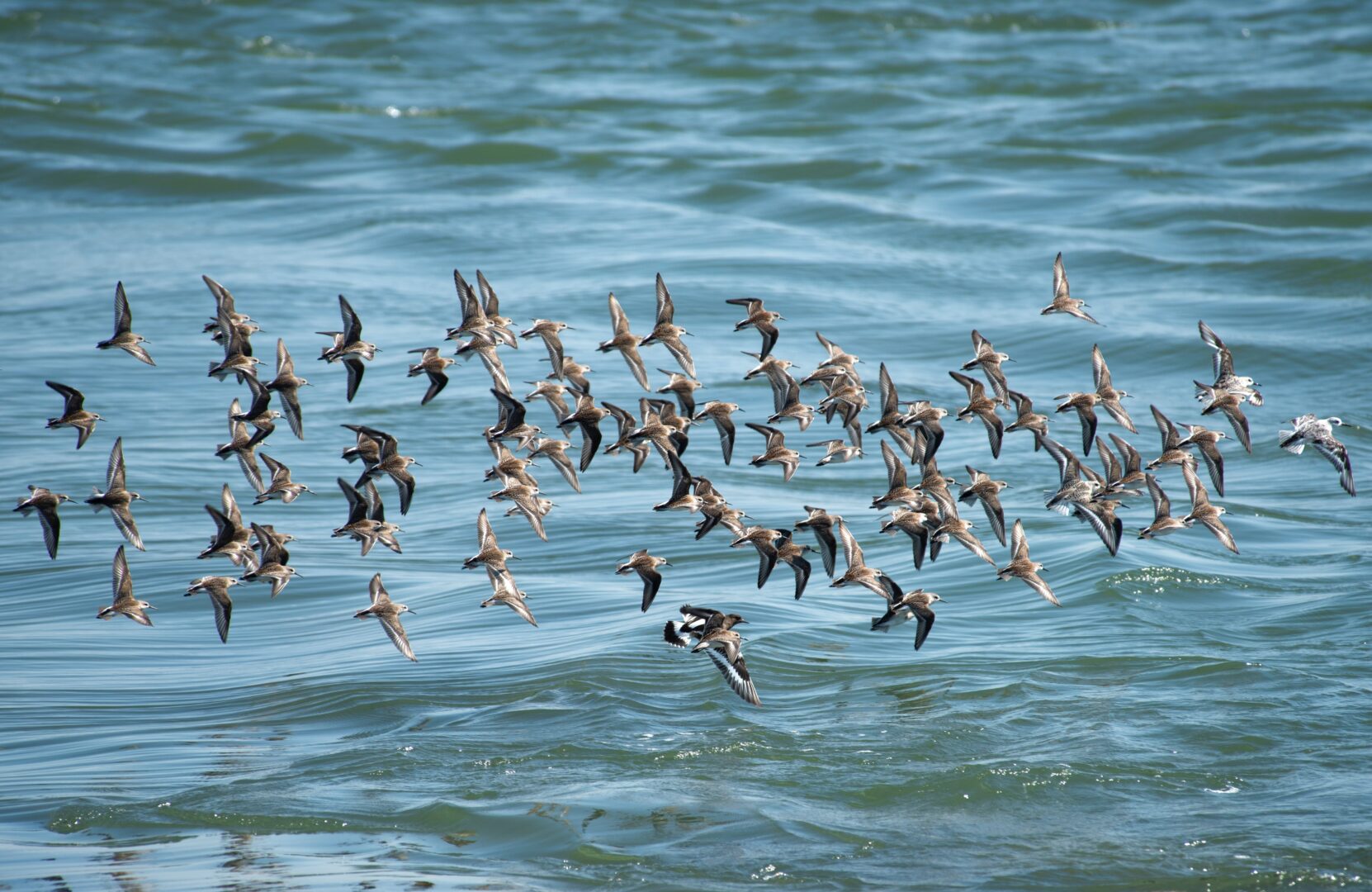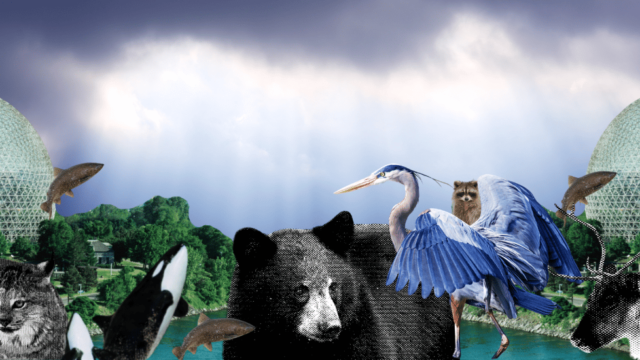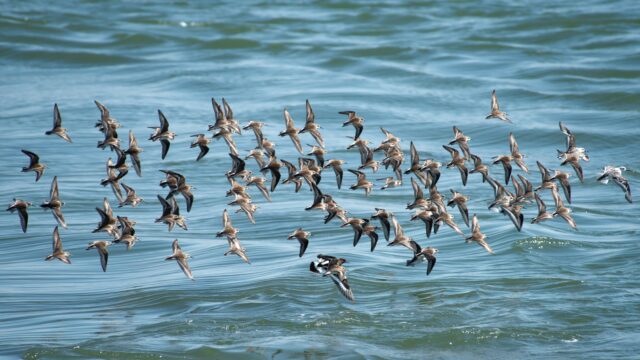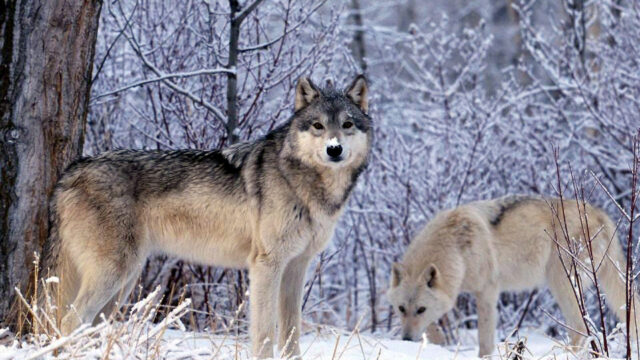Nature and climate crises: two sides of the same coin
OTTAWA/TRADITIONAL, UNCEDED TERRITORY OF THE ALGONQUIN ANISHNAABEG PEOPLE – Around the world, people are facing major social and ecological impacts from climate change and biodiversity loss. The two crises are deeply intertwined, with common causes and effects on each other. Climate change is increasingly becoming a principal driver of biodiversity loss, and the erosion of healthy ecosystems accelerates climate change, as their capacity to absorb and store CO2 decreases.
While the driving causes of these crises are interrelated, the good news is, so are the solutions. Combined with slashing fossil fuels and accelerating renewable energy, restoring abundance in nature and biodiversity offers perhaps the most immediate and effective way to tackle the climate crisis.
As countries from around the world gather in the United Arab Emirates this week for COP28 (the UN Climate Change Conference), it is imperative that nature and biodiversity are a central part of the conversation. If countries are serious about their environment protection commitments, they must ensure:
- Protection of our ecosystems’ integrity
Peatlands, wetlands, soil, forests and oceans play a crucial role in regulating the climate by absorbing and storing carbon. However, it is critical to remember that, while nature is our best ally in the fight against climate change, its capacity is limited.
A recent study, for example, demonstrated that forests in Canada have already reached their tipping point and turned from carbon sinks into carbon emitters. It is therefore imperative to make sure we cut greenhouse emissions at source, while simultaneously protecting and restoring vast natural ecosystems. This dual strategy is key to ensuring a sustainable and resilient approach to mitigating the impacts of climate change.
- Respect and support for Indigenous knowledge and leadership
Through their diverse cultures and knowledge, many Indigenous Nations within Canada and around the world have maintained healthy ecosystems and economies in harmony since time immemorial. Globally, it is estimated that 80 per cent of the world’s remaining biodiversity exists in lands inhabited by Indigenous People.
Empowering Indigenous leadership in nature stewardship can not only bring benefits to some of the communities most impacted by climate change, but it can accelerate the recovery of healthy ecosystems around the globe.
Future action requires better integration of policies
It’s clear that it’s impossible to address biodiversity loss without tackling climate change, and equally impossible to tackle climate change without addressing biodiversity loss.
The science from the UN’s Intergovernmental Panel on Climate Change (IPCC) tells us that greenhouse gas emissions must peak before 2025 at the latest and decline 43 per cent by 2030 to limit global warming to 1.5°C. Furthermore, recent research revealed that number of species at risk reached 2 million, which is double previous estimates. That makes this decade perhaps the most crucial decade for action on the climate and biodiversity crises. Meeting this challenge requires integrated action on biodiversity loss and climate change.
One year ago, Canada hosted the UN Biodiversity Conference (COP15) in Montreal which ended with the landmark Kunming-Montreal Global Biodiversity Framework (GBF). The deal, backed by 196 countries, is a once-in-a-lifetime opportunity to restore nature. It includes a commitment to protect 30 per cent of lands and oceans by 2030. The success or failure of how this deal is implemented will directly translate to whether we meet the ambitious climate targets set out in the Paris Agreement.
Legal accountability is a key ingredient for success
To ensure Canada hits its targets, we need laws that hold governments to account for meeting them and that respect Indigenous rights and sovereignty. The Canadian government has consistently failed to meet past nature targets.
We need federal legislation that sets targets for protection with a clear timeline and accountability. At COP15, Environment Minister Steven Guilbeault even signaled his support for such a law and in May, doubled down on his commitment to tabling legislation by early 2024. Ecojustice and Greenpeace are urging the federal government to make good on this promise.
A parliamentary petition, supported by MP Richard Cannings, launched this month. The petition calls upon the Prime Minister to introduce, and the House of Commons to enact, legislation in early 2024 to conserve nature in Canada by implementing the Global Biodiversity Framework.
Available spokespeople
The following spokespeople from Ecojustice are available to discuss the role biodiversity plays in climate action:
Josh Ginsberg, lawyer, Ecojustice: Josh can discuss the role the law plays in holding governments accountable to nature commitments.
Melanie Snow, legislative affairs specialist, Ecojustice: Melanie will be on the ground at COP28 and can discuss important developments and commitments coming out of the conference.





